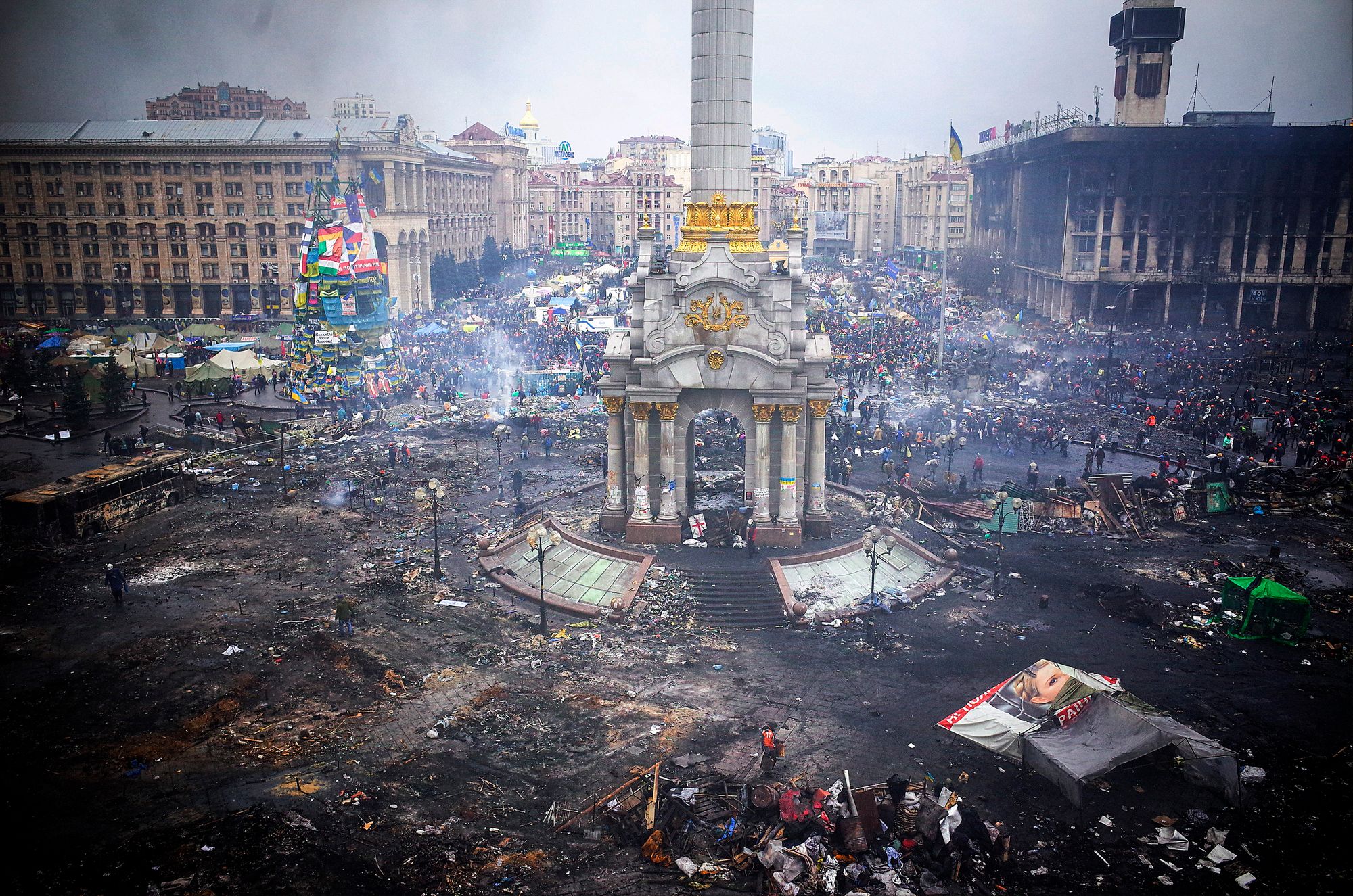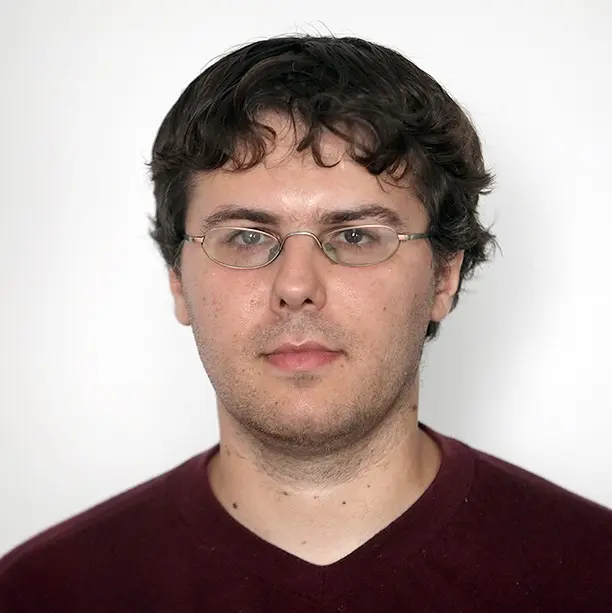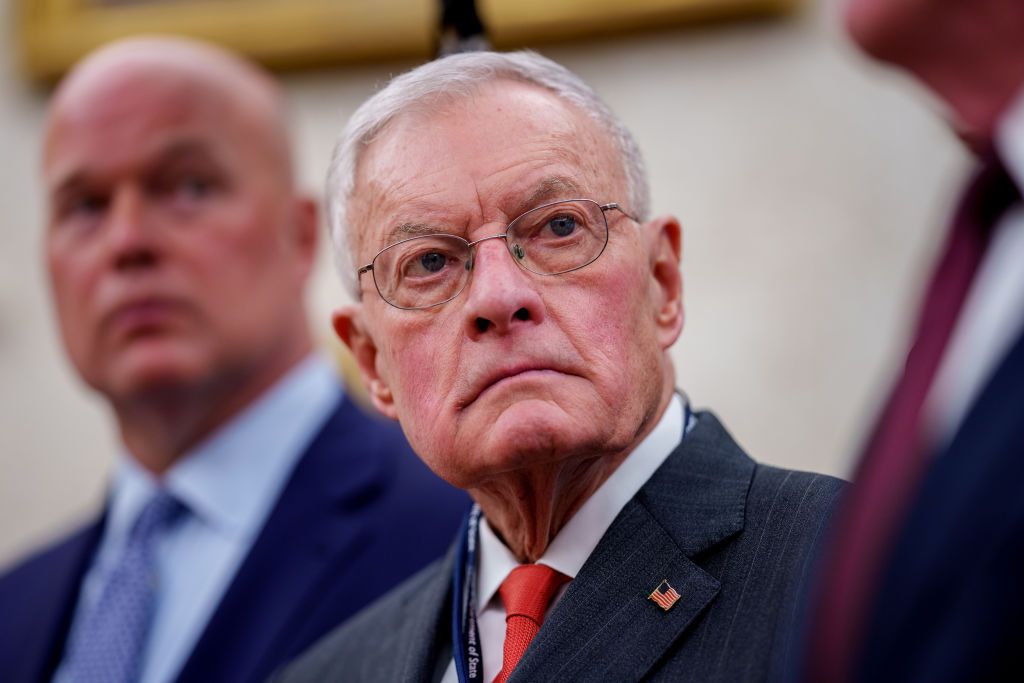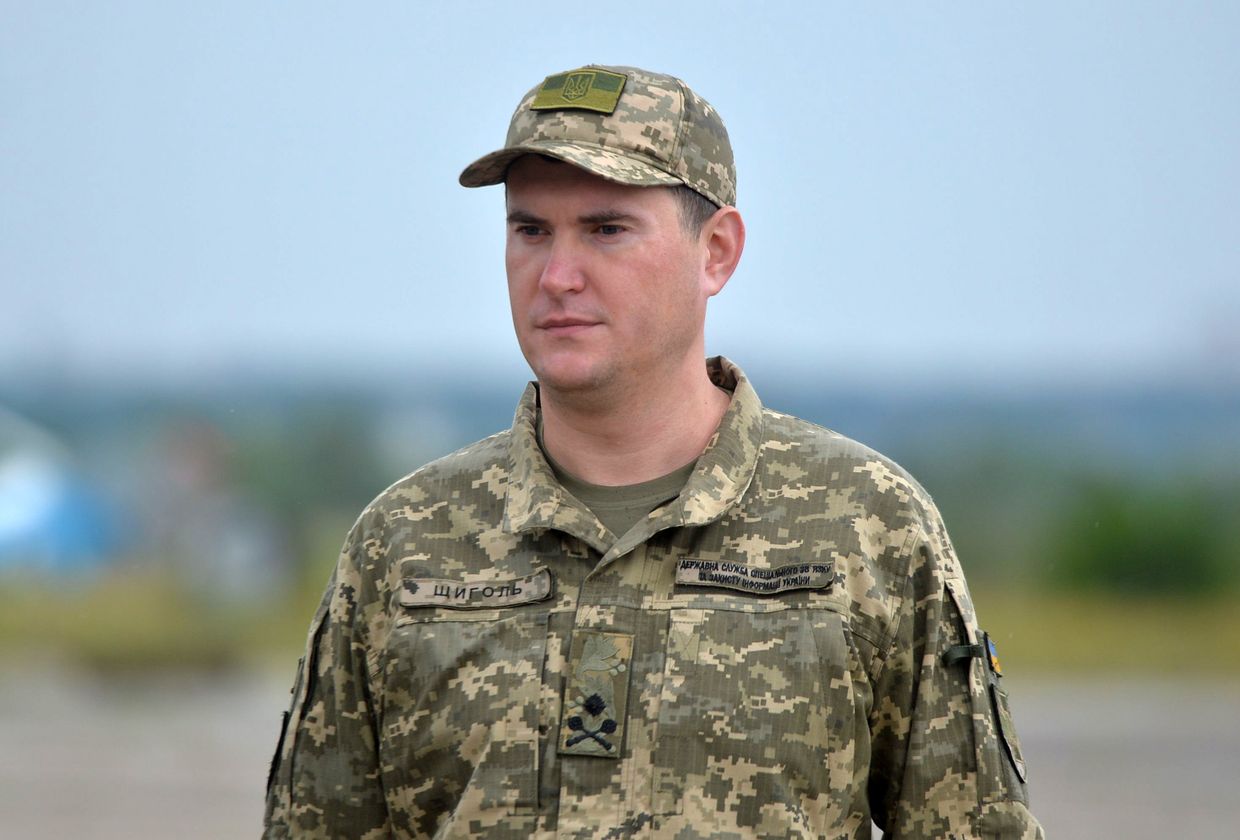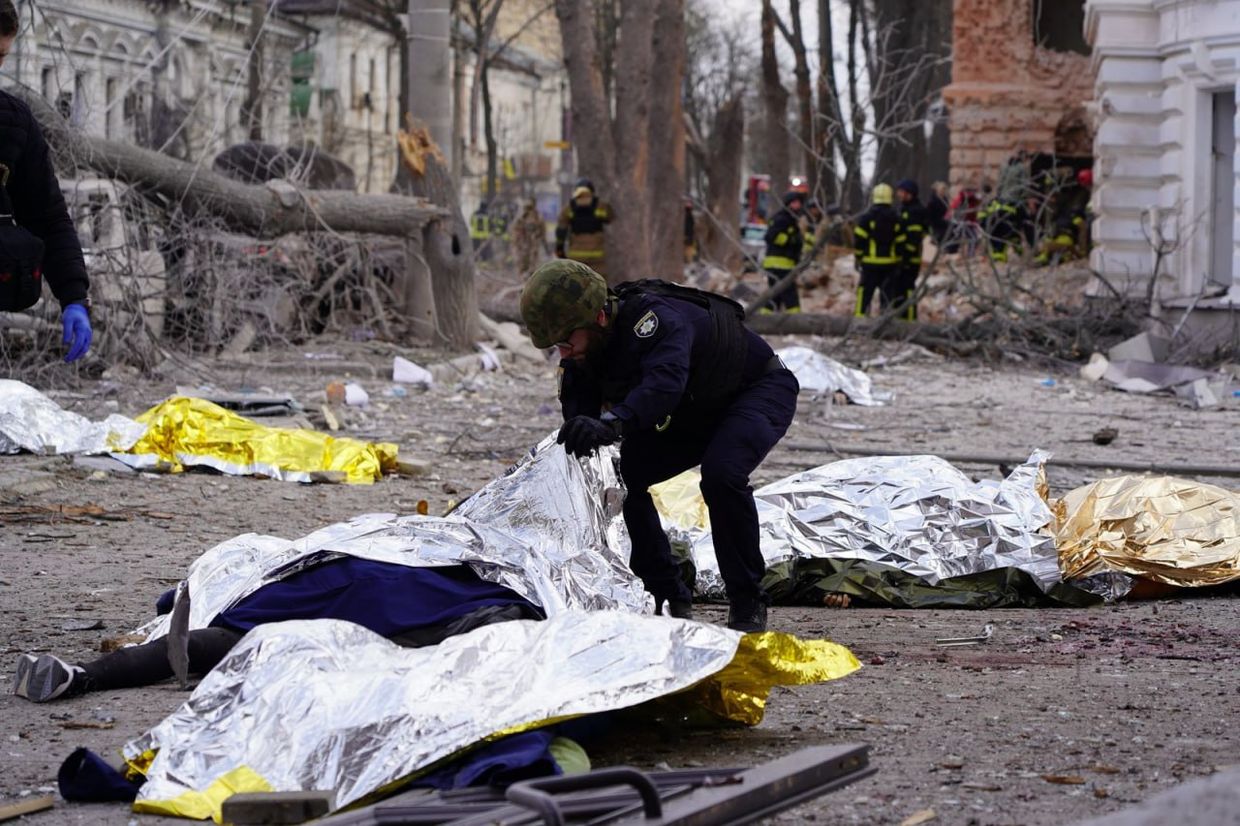As Ukraine struggles to reform its tainted judiciary, investigators and top officials are allegedly helping controversial judges to keep their seats.
As part of the judicial reform, the High Qualification Commission was scheduled to vet 41 judges, including those from Ukraine's two most dubious courts — the Pechersk Court and the now defunct Kyiv District Administrative Court, on March 17.
The courts have a long record of corruption allegations and politically motivated prosecutions.
The vetting of judges of the two controversial courts at the center of Ukraine’s corrupt judiciary is crucial to the country’s stalled judicial reform, which has proceeded intermittently since 2019. The purpose of the reform — a key condition for Ukraine’s European integration — is to cleanse the judiciary by firing tainted judges and hire new ones who meet integrity and professionalism standards.
The judges who were supposed to be vetted, however, did not show up for the March 17 screening, while the State Investigation Bureau intensified criminal proceedings against members of the High Qualification Commission in an alleged attempt to derail the vetting.
Two additional controversial cases against commission members were opened on March 19-21.
Some of the cases were initiated by the judges who were supposed to be vetted.
The commission accused the State Investigation Bureau of applying pressure and attempting to block the vetting of controversial judges. Anti-corruption activists say the bureau is acting in the interests of the judges and of President Volodymyr Zelensky's Deputy Chief of Staff Oleh Tatarov.
Tatarov is officially responsible for the law enforcement portfolio at the President's Office.
Judicial experts have accused him of unlawfully influencing law enforcement agencies and courts and derailing the judicial reform to prevent judges from becoming independent.
"If we're talking about the part of the government that wants to maintain the status quo — especially in order to keep direct control over the judiciary — then, of course, it's crucial for them to keep these judges in place," Mykhailo Zhernakov, head of judicial think tank Dejure, told the Kyiv Independent.
"That's why the whole reform process is moving so slowly and with such resistance."
Tatarov told the Kyiv Independent that the information about the alleged pressure on the High Qualification Commission "raises serious concern and deep apprehension."
"I am convinced that it is our shared duty to prevent such arbitrary actions by the relevant actors and that a legal assessment of their conduct should be provided, within the limits of their competence, by the authorized law enforcement bodies," he added.
Tatarov did not respond to the accusation that he was himself behind the pressure.
For anti-corruption activists, Tatarov has become a symbol of the President's Office's tolerance for graft, while Zelensky has dismissed the accusations against Tatarov as baseless.
Tatarov was charged in 2020 with giving a bribe to an official before he joined the President's Office. Prosecutors and courts obstructed the case, and it was eventually closed in 2022.
The State Investigation Bureau and judges of the Pechersk and Kyiv District Administrative courts did not respond to requests for comment.
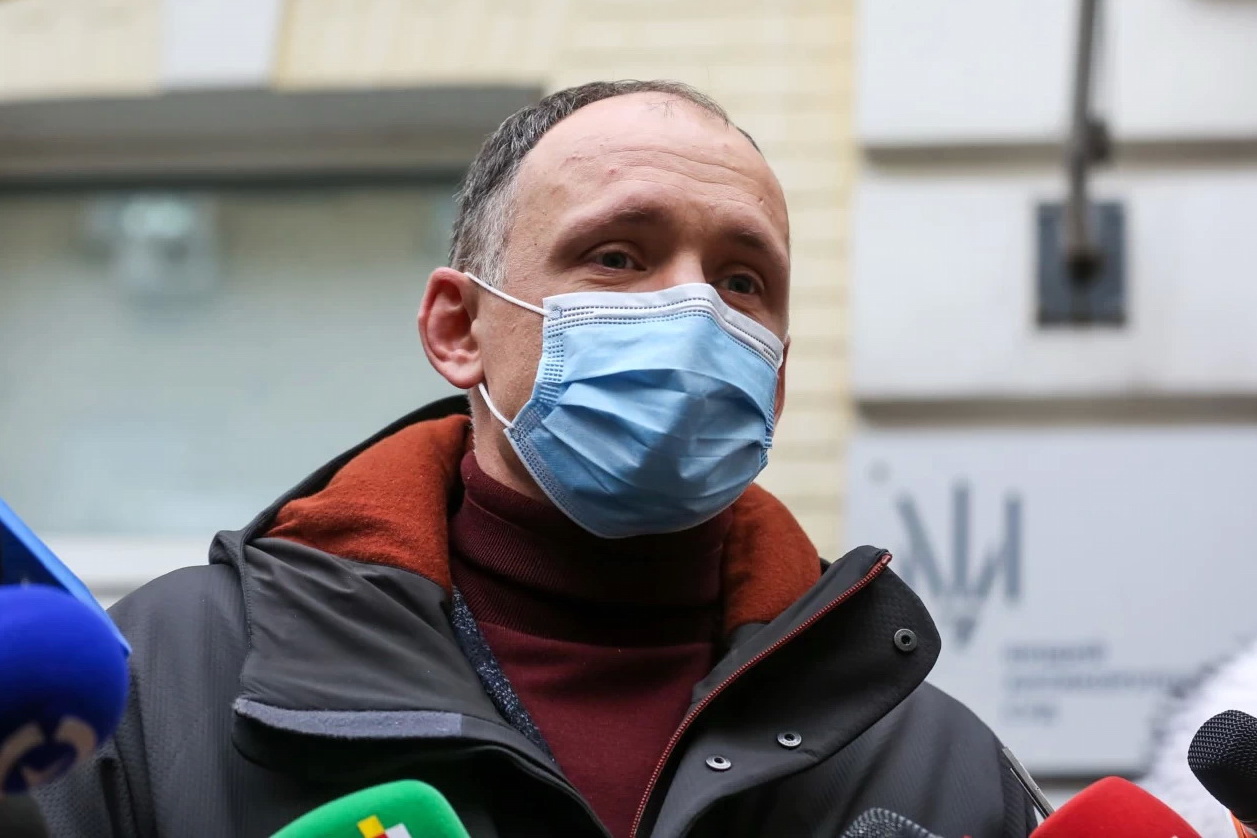
Vetting and searches
The alleged pressure on the High Qualification Commission came as only eight of the 41 judges showed up for psychological and general skills tests as part of the vetting process on March 17.
The vetting coincided with the escalation of several criminal cases involving the High Qualification Commission. The investigations concern allegations of illegal interference in tests taken by judges, failure to implement a court ruling, and false testimony.
The State Investigation Bureau searched the High Qualification Commission's premises on March 10 and the house of Oleksiy Omelyan, deputy head of the commission, on March 14.
The Anti-Corruption Action Center and anti-corruption watchdog AutoMaidan argue that some of the cases were opened a year ago but the State Investigation Bureau had taken little action before and is stepping up the cases only now in order to pressure the commission.
Search warrants in criminal cases were issued by judges of the Pechersk Court who were supposed to be vetted.
Sources in the judiciary told the Kyiv Independent that, by issuing the warrants, judges of the Pechersk Court could be trying to create artificial conflicts of interest for members of the High Qualification Commission. According to the sources, these conflicts of interest could be used to block the vetting of the judges.
"The State Investigation Bureau has its own interests because it relies on the Pechersk Court, which approves most of its investigative actions, making these courts important stakeholders for them," Zhernakov said. "They have built a working relationship with them."
Since its creation in 2016, the State Investigation Bureau has faced the accusations of being a political tool of the President's Office. Its current head, Oleksiy Sukhachov, was appointed in 2022 as a result of a non-transparent contest that anti-corruption activists described as fake and politicized.
If none of the controversial judges undergoes vetting, they will keep their jobs and will be able to work despite the accusations of corruption and political subservience.
The High Qualification Commission said on March 14 that it "considers the actions of the State Investigation Bureau to be an encroachment on the institutional independence of the commission as a judicial governance body, with the intent to destabilize its work and obstruct the fulfillment of its assigned tasks."
"Such actions could disrupt appointments for the High Anti-Corruption Court, appellate courts, and local courts, as well as hinder vetting, thereby jeopardizing Ukraine's European integration aspirations," the commission added.
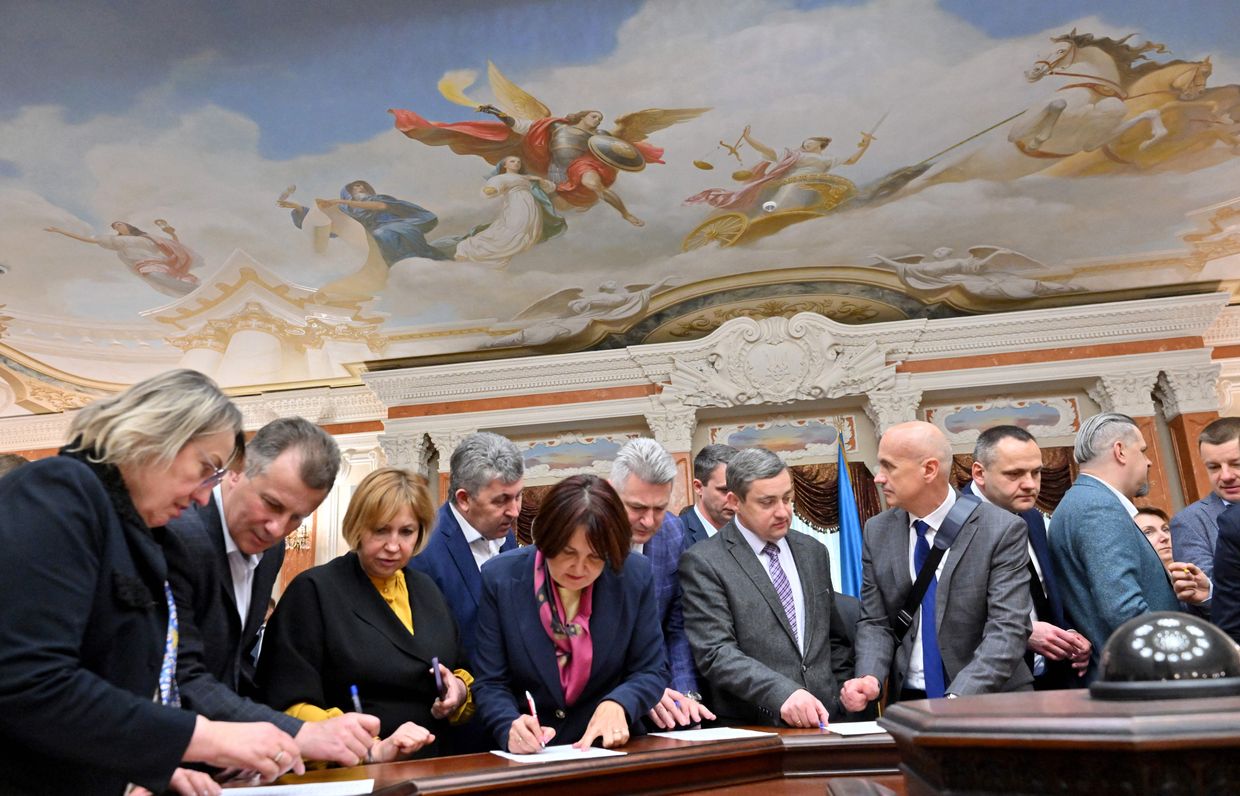
Ukraine’s biggest corruption scandal
Anti-corruption activists argue that the judges and the State Investigation Bureau are using these cases to obstruct the commission's work.
In one of the cases involving the High Qualification Commission, the State Investigation Bureau is investigating alleged illegal interference in tests taken by judges in July 2024. Pavlo Vovk, former head of the liquidated Kyiv District Administrative Court, participated in the tests as part of vetting procedures.
The tests were disrupted because mistakes were found in them, and Vovk avoided being vetted. Vovk and other judges of his court were also supposed to be vetted on March 17, but only two of them showed up.
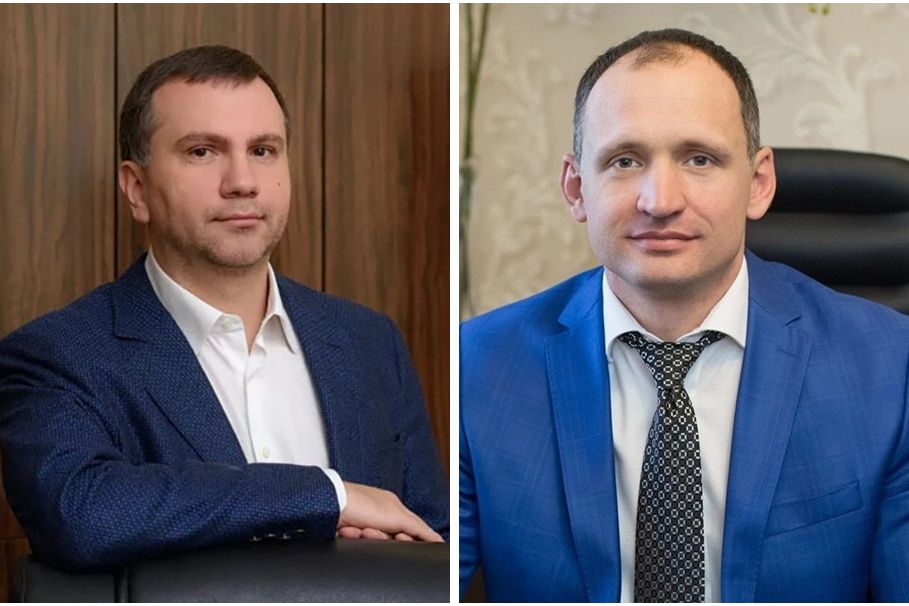
Vovk's Kyiv District Administrative Court played an outsized role in Ukraine because it handled administrative issues linked to government bodies based in Kyiv. The court has been accused of acting in the interests of oligarchs and corrupt officials, as well as obstructing reforms.
Vovk himself has become a symbol of injustice, lawlessness, and impunity in Ukraine.
In 2019 and 2020, he and other judges of the Kyiv District Administrative Court were charged with usurpation of power, obstruction of justice, organized crime, and abuse of authority. Vovk has been on trial since 2022.
In 2022, the U.S. sanctioned Vovk "for soliciting bribes in return for interfering in judicial and other public processes." Soon after, Zelensky signed a bill to liquidate the Kyiv District Administrative Court.
Despite the liquidation of the court, Vovk and other judges of his court kept their official jobs as judges and received salaries for years. Vovk was finally fired by the High Council of Justice, the judiciary's top governing body, on March 18, 2025, but other judges of the court kept their jobs.
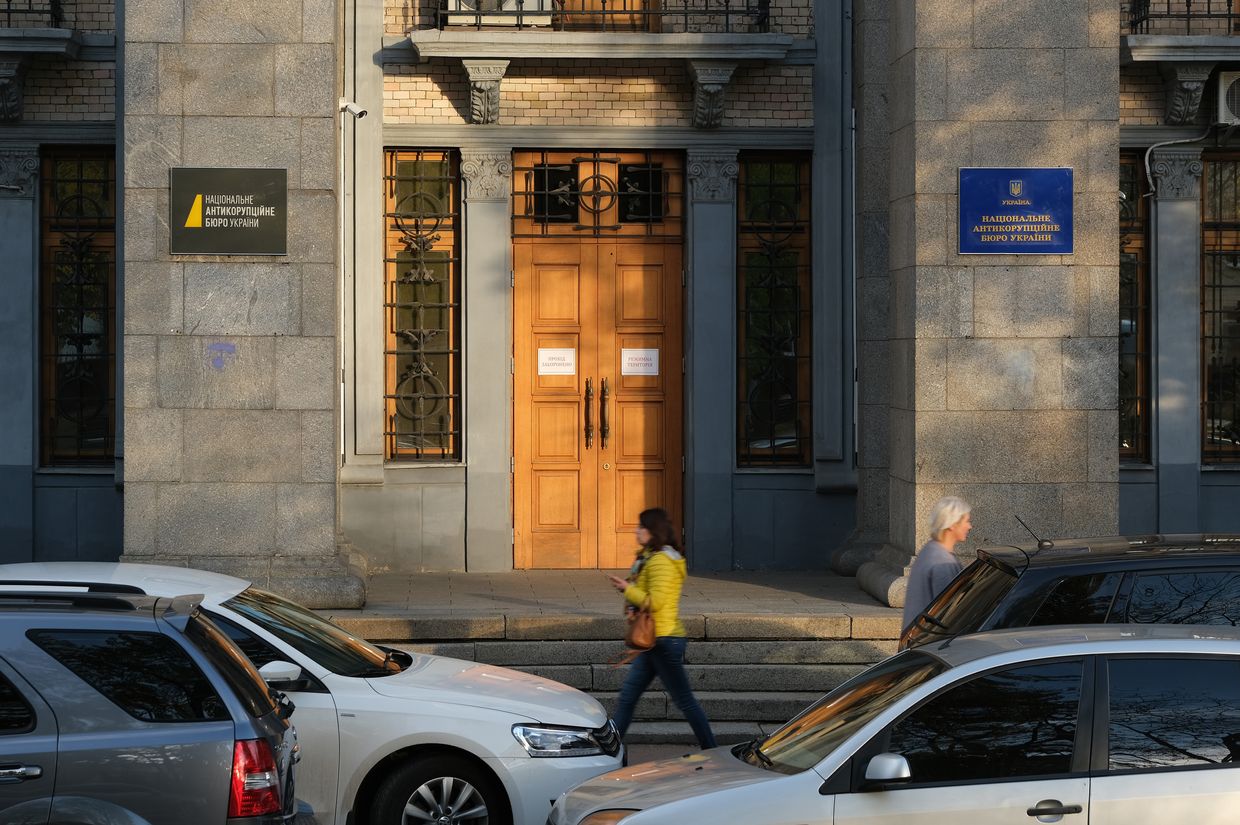
Politically useful judges
Another case involving the High Qualification Commission was initiated by Oksana Tsarevych, a controversial judge of Kyiv's Pechersk Court. Judges of the court were also supposed to be vetted on March 17 but none of them showed up.
Tsarevych is accusing the commission of failing to implement a court ruling on her vetting procedure.
She was fired in 2016 for violating her oath by unlawfully stripping protesters of driver's licenses during the 2013-2014 EuroMaidan Revolution, which ousted pro-Russian President Viktor Yanukovych.
Investigators found that the police reports on which Tsarevych's rulings were based were forged, and an appellate court canceled them as unlawful.
However, Tsarevych was acquitted in 2020 in a case over her allegedly unlawful rulings against EuroMaidan activists. In 2021, a Kyiv court reinstated Tsarevych as a judge of the Pechersk Court.
In 2023, the High Qualification Commission started a new vetting procedure for Tsarevych.
She filed a lawsuit to make the commission resume the 2016 vetting procedure instead, and in 2024, the Supreme Court ordered the commission to do so.
The old vetting procedure would give her a better chance of being successfully vetted, Kateryna Butko, head of anti-corruption watchdog AutoMaidan, told the Kyiv Independent.
Tsarevych's Pechersk Court, whose district includes the government quarter, has been accused of routinely making politically motivated decisions in favor of different governments, both pro-Russian and pro-Western.
Tsarevych and other judges of the court took part in the criminal and administrative cases against EuroMaidan protesters and Yanukovych's political opponents Yulia Tymoshenko and Yury Lutsenko.
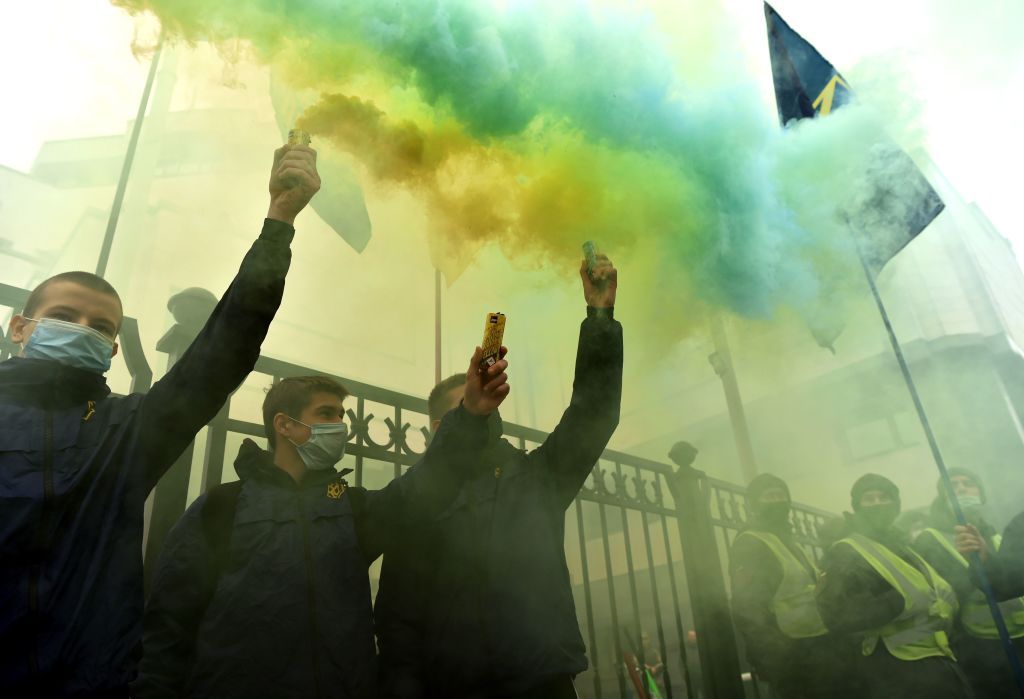
Other cases against the commission
Another State Investigation Bureau case was initiated by Maksym Buzhansky, a lawmaker from Zelensky's Servant of the People party.
Buzhansky has sparked controversy by making pro-Russian statements and promoting Kremlin narratives.
He accused Omelyan of giving false testimony in the case against Oleksiy Tandyr, head of Kyiv Oblast's Makariv District Court.
In 2023, a car driven by Tandyr hit a serviceman of the National Guard at a checkpoint in Kyiv. The guardsman died on the spot as a result of his injuries.
Tandyr was fired in 2024 due to the accident, and is currently on trial.
Omelyan is acquainted with Tandyr and went on a fishing trip with him and other people not long before the car accident.
Omelyan testified that he was not aware of Tandyr consuming alcohol on that day, according to Buzhansky. According to a forensic assessment ordered by the State Investigation Bureau, alcohol was found in Tandyr's biological samples.
On March 19, the State Investigation Bureau also opened a case against High Qualification Commission member Volodymyr Luhansky, accusing him of forging a diploma.
Meanwhile, the National Anti-Corruption Bureau of Ukraine (NABU) is already investigating a case into Luhansky allegedly getting illegal bonuses based on an unaccredited and unrecognized diploma.
Yet another case involving commission members was opened on March 21.
Specifically, High Qualification Commission members Ruslan Melnyk and Roman Sabodash are being investigated on suspicion of entering false data in the commission's information system in the interests of their relatives who are seeking jobs in the judiciary.
Andriy Sotnyk, a lawyer at the Anti-Corruption Action Center, told the Kyiv Independent that he does not see any merit in the case because the commission members have already resolved conflict of interest issues related to the relatives.
Zhernakov believes that the Ukrainian authorities should decide whether they want to disrupt the country's European aspirations by pressuring the commission and blocking judicial reform.
"The government has the task of leading the country into the EU and building a capable state that can repel the Russian invasion," he said. "The government must finally decide whether we are, after all, in favor of Vovk's justice (a reference to ex-Judge Pavlo Vovk) — because it's convenient — or in favor of a kind of justice that would allow us to develop as a democratic state."`
